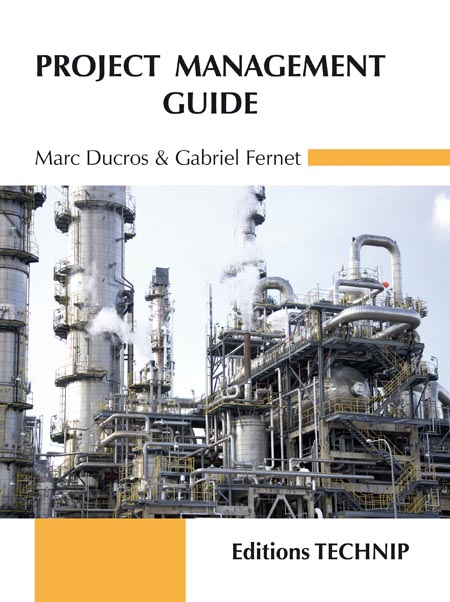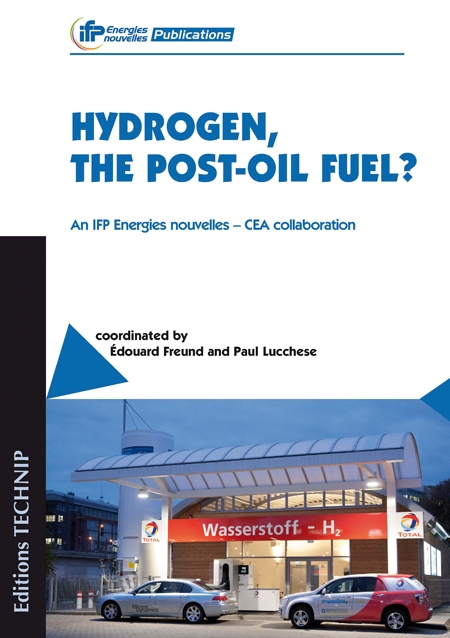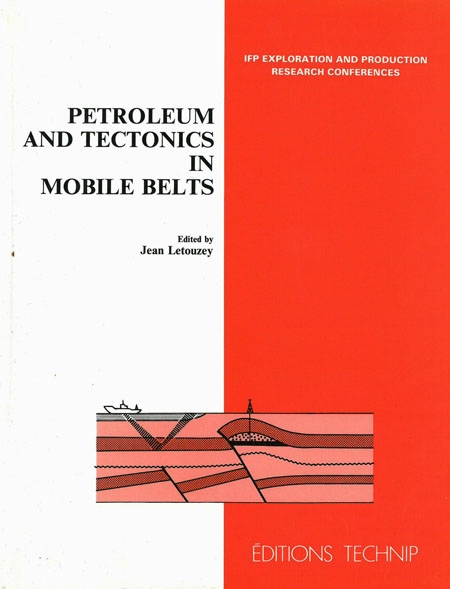Project Management Guide
Authors : DUCROS Marc , FERNET Gabriel
ISBN : 9782710809524
trade paperback 170 x 240 mm 128 pages
Publication date : September 2010
American buyers

 Add to cart 40 $ (38 €)
Add to cart 40 $ (38 €)
The purpose of this book is to provide some understanding and guidelines on the way medium sized and large Projects in an international environment can be initiated and managed. Its content is based on the collective experience of the authors obtained during the last forty years with an International Oil & Gas Company, with the rest spent with engineering and construction contractors.
The experience of the authors in the development of oil and gas fields (onshore and offshore) may usefully inspire the management of large projects in other domains of activity: it is certainly right for the nuclear industry, the chemical industry and most process industries.
This book covers all the various steps and aspects of a Project: the risks related to a Project, the various phases of a Project, the Project organization, the contractual issues, the HSE objectives and human dimension, the scheduling of a Project, the cost monitoring, the quality control and quality assurance aspects and the training issues.
Contents :
1. Preamble. 2. What is a Project? What is Project Management? 3. "Risks" – Always present for all and any Project. 4. The initial phases of the Project – Decision to proceed. 5. The Project Organisation. 6. The contracting phase – Reviewing different types of contracts. 7. HSE objectives and human dimension. 8. Scheduling the Project – Preparing and follow-up. 9. Cost monitoring – the Work Breakdown Structure. 10. Quality assurance and Quality control – During the Project and up to commissioning. 11. The construction phase – Relationships with suppliers and contractors. 12. Training for project and operation – When to start? 13. Summing-up and conclusion. Key definitions. Annexes. About the Authors.
 Catalysis by Transition Metal Sulphides
Catalysis by Transition Metal Sulphides
 Add to cart
130 $ 130 €
Add to cart
130 $ 130 €
 0
0

 Newsletter registration
Newsletter registration


 Partager
Partager
 Tweeter
Tweeter



